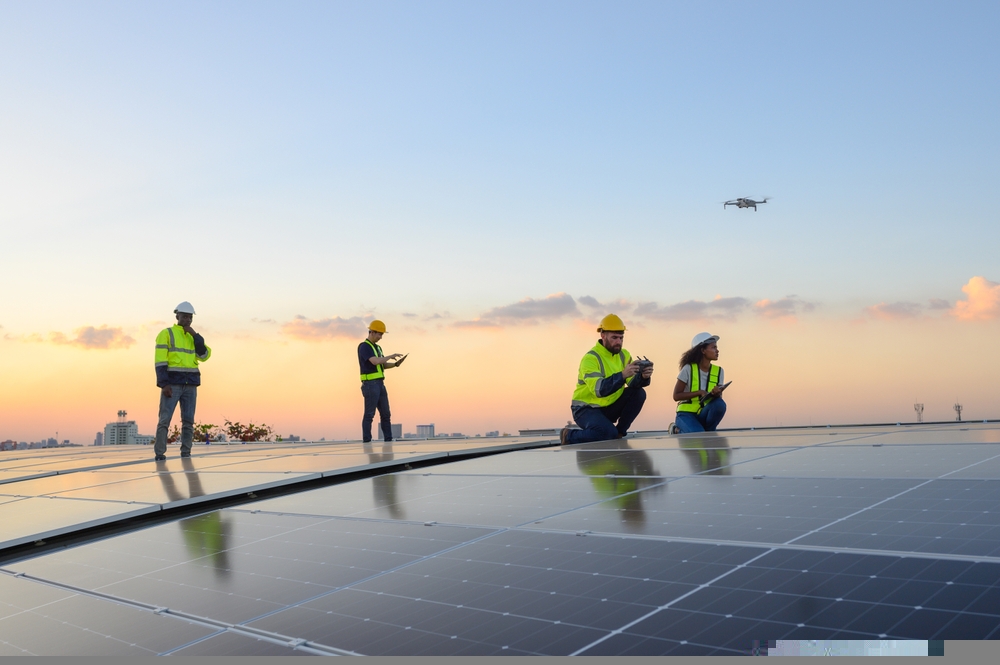
That is according to analysis by the Confederation of British Industry (CBI), which also found that employment in the sector grew by more than 10%, with net-zero businesses now supporting the equivalent of 951,000 full-time jobs.
Furthermore, these employees earn an average of £43,076 per year, which is higher than the £37,430 median gross salary for full-time employees across the UK.
Net-zero jobs are notable for their productivity, too, with each full-time role generating £105,500 in economic value, 38% above average. Indeed, every £1 of value generated across the sector creates an additional £1.89 in the wider economy.
Commenting on the findings, IEMA CEO Sarah Mukherjee MBE, said: “This is great news for a government which has made growth its priority.
“Green jobs are not only providing billions in added value to the economy, they are also growing fastest in regions outside South East England, attracting investment and skilled workers.
“The smart money is following clean technologies and demonstrates that the green economy makes sense for business and the planet."
The West Midlands, Yorkshire and the Humber, and South West England contain the largest contributing hotspots of net-zero activity, according to the analysis, collectively accounting for 16.3%.
Net-zero businesses are also especially important to the Scottish economy, making up around 4.9% of the country’s GVA, and supporting 100,700 full-time jobs – around 3.8% of the country’s total.
Of the 15,600 employers identified within the net-zero economy, 94% were small and medium-sized businesses with fewer than 250 employees, while 6% were large employers with over 250 reported employees.
As a relatively new sector with significant growth potential, the study also found that it is highly attractive to investors, receiving £25.9bn from private investors over the past 20 years.
“It is clear, you can’t have growth without green,” said Louise Hellem, chief economist at the CBI.
“At a time when the cost of doing business has squeezed appetite for capital investments and high energy prices are being cited as a drag factor across the economy, investments in clean technologies can significantly bolster competitiveness and productivity.
“2025 is the year when the rubber really hits the road – where inaction is indisputably costlier than action.
“We are approaching critical points of no return for achieving essential outcomes in energy security and emissions reduction. Long-term sustainable growth is unattainable without a future powered by clean, affordable, and secure energy.”
Visit IEMA’s Green Careers Hub here: Home - Green Careers Hub
Image credit: Shutterstock